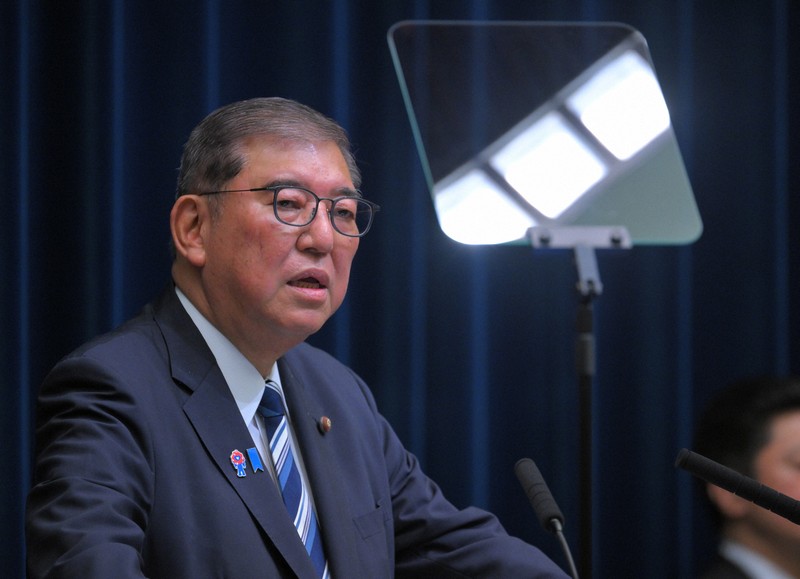In a surprising turn of events, the upcoming party leadership election is to be conducted early, with a conspicuous absence of the Prime Minister's candidacy. The decision, the reasons for which remain unclear, has left a question mark over who will take up the mantle and stir the country's political waters. With numerous potential candidates keeping silent on their intentions, the country is keenly awaiting to see who will emerge from behind the scenes as the new contender.
Party leadership elections play a pivotal role in Japan's political environment, often determining who will be the next Prime Minister. The announcement of an early leadership race, coupled with the incumbent Prime Minister's decision not to run, has taken Japan's political landscape by surprise sparking speculation. Popular focuses in such situations typically revolve around policy direction, stability, and nationwide governance.
Similar occurrences in the U.S. or EU can dramatically shift political landscapes. For instance, the surprise decision of a prominent leader not to run for re-election can lead to a scramble for power within the party and major policy shifts, depending on the eventual winner. The strategies involved - diligently looking for alliances, securing endorsements, and navigating party dynamics - are similar across these political systems.

